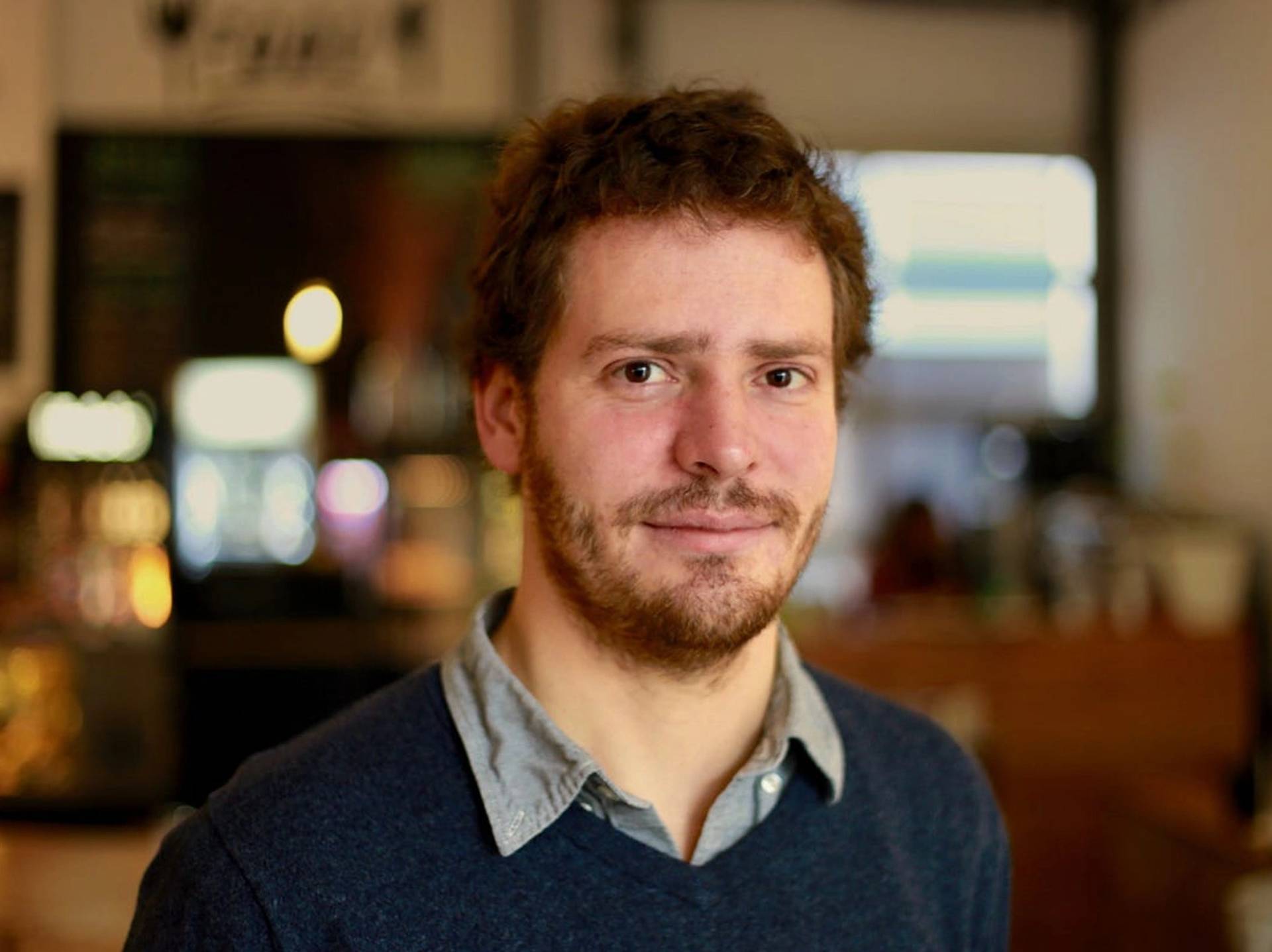订阅 wiki
Share wiki
Bookmark
Martin Köppelmann
0%
Martin Köppelmann
Martin Köppelmann 是一位常驻柏林的企业家和开发者,以其对区块链技术的贡献而闻名。他是 Gnosis 的联合创始人兼首席执行官,Gnosis 是一个 区块链 项目,为扩展 以太坊 生态系统的实用性提供基础设施工具,也是一个去中心化的预测市场平台。Köppelmann 被认为是 区块链 领域的思想领袖,经常分享他对 区块链 技术如何在保持其核心原则的同时演变的看法。[1][2]
教育背景
Köppelmann 曾在哈索·普拉特纳研究所学习,并获得了 IT 系统工程的学士和高级学位。他于 2007 年至 2010 年完成了学士学位,并继续深造于 2010 年至 2013 年获得了高级学位。[1]
职业生涯
早期职业生涯
完成学业后,Köppelmann 开始了他的职业生涯,成为一名个体经营的开发者,从事各种软件和 区块链 项目。他对区块链的兴趣源于 2008 年的金融危机以及他参与德国海盗党的经历,在那里他接触到了“流动民主”的概念。
Gnosis 创始人(2015 年至今)
2015 年 1 月,Köppelmann 创立了 Gnosis,作为 ConsenSys 的一部分,ConsenSys 是一家 区块链 技术生产工作室。Gnosis 成立之初是一个预测市场平台,使用户能够使用 以太坊 上的 智能合约 对各种未来事件进行预测。
Gnosis Limited 首席执行官(2017 年至今)
2017 年 3 月,Köppelmann 成为 Gnosis Limited 的首席执行官,领导公司开发和扩展去中心化预测市场。在他的领导下,Gnosis 进行了一次代币销售,通过荷兰式拍卖流程在 12 分钟内筹集了 1250 万美元。[1]
除了在 Gnosis 的工作之外,Köppelmann 还参与了 Fairlay,这是一个基于 比特币 的预测市场,他最终将其出售。随着时间的推移,他将注意力从 比特币 转移到 以太坊,尤其是在遇到以太坊联合创始人 Joe Lubin 之后。Köppelmann 在 Gnosis 的工作促成了基于以太坊的工具和基础设施的开发,例如 Safe 和 CoWSwap。
Köppelmann 也是以太坊社区内的一位直言不讳的批评者,尤其是在审查制度以及网络与其创始理念的一致性问题上。他对以太坊基础设施的某些要素表示担忧,特别是它们对政府制裁的遵守情况。[1][2][3]
访谈/小组讨论
“我认为,仍然有领导者的空间” - Martin Köppelmann
在 Medium 上与 Mike Parker 的一次访谈中,Gnosis 的首席执行官 Martin Köppelmann 讨论了 区块链 技术如何颠覆传统的组织结构,并协助过渡到新的工作方式。
Martin 解释说,区块链 技术降低了交易成本,挑战了对传统公司的需求,并使独立的承包商网络成为可能。他指出,传统组织可能难以转型为更开放、网络化的系统,但建议预测市场可以通过收集全球信息来帮助做出更好的决策。
他强调了条件预测市场的价值,该市场询问潜在决策的影响,并强调采用预测市场需要领导者改变思维模式,以重视集体智慧。Martin 专注于与他在柏林的团队进行产品开发。[4]
保持加密技术步入正轨
在另一次访谈中,Gnosis Chain 的联合创始人 Martin Köppelmann 讨论了他的 区块链 之旅以及对维护该技术核心精神的承诺。最初在 2008 年金融危机后被 比特币 吸引,Martin 后来转向 以太坊,这受到了其可编程 智能合约 的启发。
Martin 以其强烈的观点而闻名,他也是 以太坊 社区内的一位直言不讳的批评者,尤其是在审查制度和合规性等问题上,他倡导网络的基本原则。[2]
构建区块链基础设施
Martin Köppelmann 分享了关于 Gnosis 和 Circles 项目的见解。Gnosis 为运营预测市场构建基础设施,并推出了 dxDAO,这是一项去中心化的治理倡议。Martin 详细阐述了 dxDAO 在促进扁平化组织结构中的作用及其在大型组织中的潜在可扩展性。
关于 Circles,Martin 描述了其通过 加密货币 和社会契约系统实施普遍基本收入 (UBI) 的目标。他解决了信任、社会契约执行和欺诈预防等挑战,并引用了柏林咖啡馆等早期测试案例。
Martin 强调 DAO 是组织社区以应对气候变化和 UBI 等全球挑战的一种自主方法,尽管目前存在可访问性障碍。[5][6]
发现错误了吗?
